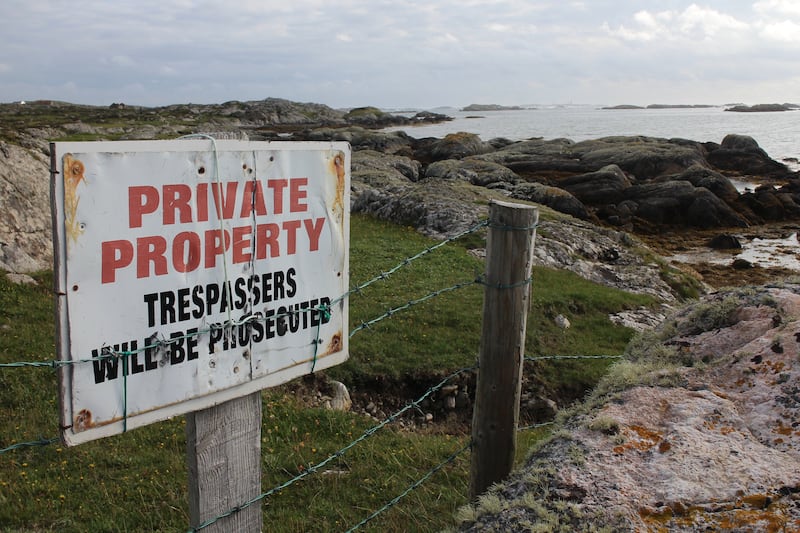AMERICAN progressives and even some conservatives are concerned by the outcome of the presidential election, fearing it could further destabilise international relations, while deepening domestic social and political divisions.
Many in the US are also embarrassed that their country could elect somebody touting such intolerance, xenophobia and misogyny.
But in this part of Ireland we shouldn’t be that shocked by Donald Trump’s mandate or the views he holds, because much of what he stands for mirrors the thinking of Stormont’s dominant political party, the DUP.
The circumstances under which the DUP and Donald Trump assumed power are ostensibly different but there are similarities in the way both capitalised on a wave of sentiment where supporters felt others were making gains at their expense.
The ideological parallels between the two are more obvious, however. Take climate change for instance, an issue world leaders have sought to tackle through last year’s Paris protocols.
Adopting an attitude that echoes DUP climate change sceptic in-chief Sammy Wilson, the Republican president elect has promised to withdraw the US from the international bid to reduce greenhouse gases.
He has also said he would scrap Obama administration rules that aim to shift electricity generation away from fossil fuels toward cleaner sources.
Trump’s attitude to the environment generally is laissez faire and after pledging that he’ll roll back regulations protecting natural habitats and water quality, he has won support among US farmers.
This too is an aim of the DUP agriculture and environment minister Michelle McIlveen, who is currently working with the Ulster Farmers Union on a memorandum of understanding that will see her department effectively turn a blind eye to low level farm pollution.
On moral issues, the Stormont executive’s largest party is also on the same page as many supporters of America’s ‘alt-right’.
Under Trump, Republicans are expected to push for a repeal of the Supreme Court’s 1973 Rose V Wade ruling which extended the use of abortion in the US.
They would be much more comfortable with the arrangements that are in place in Northern Ireland, where terminations are permitted only in very limited circumstances.
Notably, it’s not solely the DUP which supports the status quo on abortion but of all Stormont’s main parties they are arguably the most unwavering on the issue.
Likewise, same-sex marriage, the introduction of which the DUP has vowed to oppose in this mandate.
The views of Trump’s running mate Mike Spence on homosexuality have a definite ring of familiarity about them for anyone who recalls former DUP MP Iris Robinson’s “abomination” remarks.
Pence believes being gay is a ‘choice’ and that laws preventing same sex couples from marrying is not discrimination but an enforcement of “God’s idea”.
Pence has previously advocated ‘cure’ therapies for members of the LGBT community, opposed open gays in the military and signed into law a bill which made it legal for businesses in the same situation as Ashers to cite religious freedom when refusing to bake a cake for a same-sex wedding.
Meanwhile, Trump’s anti-Muslim sentiments echo Peter Robinson’s infamous remarks to The Irish News about trusting muslims “to go to the shop” but distrusting those who practiced Sharia Law.
With right-leaning policies like lower business taxes and fewer regulations, it appears Arlene Foster’s party and Donald Trump’s Republicans have much in common.
And although the DUP has yet to make a pronouncement on Mexicans it’s widely recognised that the party is suspicious of everything south of the border.








